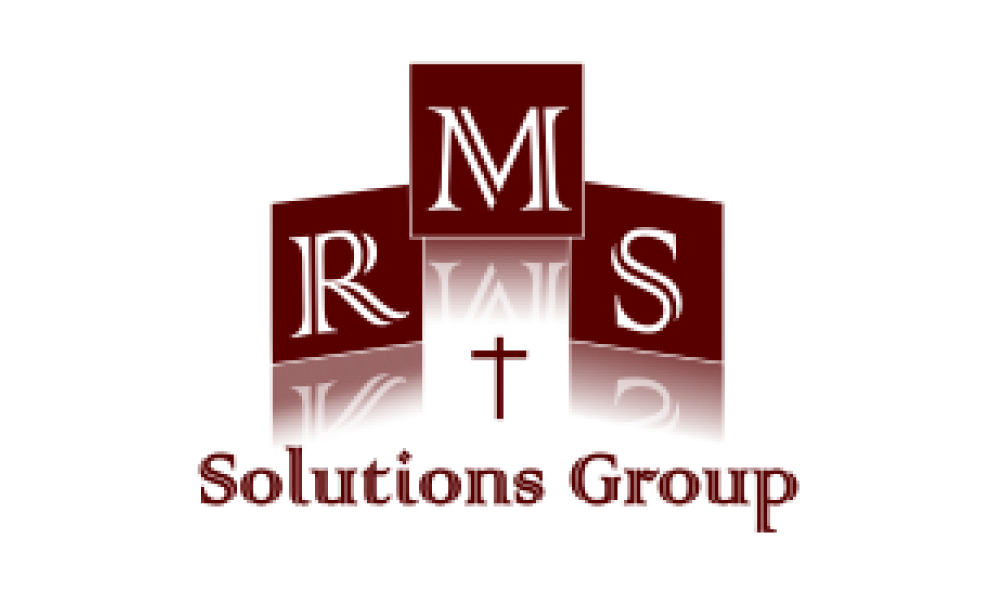- March 7, 2024
- Posted by: kat@chadsmedia.com
- Category: Energy Management

What is an energy audit?
An energy audit is a systematic process of evaluating and analyzing energy usage in a building, facility, or industrial operation to identify opportunities for improving energy efficiency and reducing energy costs. At RMS Solutions Group, we have extensive experience in conducting energy audits or surveys for businesses of all sizes. The goal of an energy audit is to assess the overall energy performance, identify areas of energy waste, and recommend cost-effective measures to enhance energy efficiency.
Here are the key steps involved in an energy audit:
- Data Collection: It starts by gathering relevant data about the building or facility, including utility bills, building plans, equipment specifications, and historical energy consumption patterns. This information provides a baseline for understanding current energy usage.
- Site Inspection: A physical inspection of the premises is conducted to assess the condition of the building envelope (walls, windows, doors), insulation, lighting, heating, ventilation, air conditioning (HVAC) systems, and other energy-consuming equipment. The auditor examines how these components interact and contribute to overall energy consumption.
- Occupancy and Operations Analysis: The auditor evaluates the building’s occupancy patterns and operational schedules. Understanding how and when the building is used helps identify opportunities for optimizing energy usage based on actual needs.
- Measurement and Monitoring: In some cases, energy audit tools and instruments may be used to measure and monitor energy consumption in real-time. This may include the use of data loggers, thermal imaging, and other diagnostic equipment to identify areas of energy inefficiency.
- Analysis of Utility Bills: A detailed analysis of utility bills is performed to identify trends, patterns, and anomalies in energy consumption. This helps pinpoint areas of concern and areas where improvements can be made.
- Energy Efficiency Recommendations: Based on the findings from the audit, the energy auditor provides a set of recommendations for improving energy efficiency. These recommendations may include upgrades to lighting systems, HVAC equipment, insulation, and the implementation of energy management systems.
- Cost-Benefit Analysis: The auditor assesses the cost-effectiveness of each recommended measure by estimating the upfront costs, potential energy savings, and the payback period. This analysis helps prioritize recommendations based on their economic viability.
- Report Generation: A comprehensive energy audit report is generated, summarizing the findings, recommendations, and cost-benefit analyses. This report serves as a roadmap for implementing energy-saving measures and improving overall energy efficiency.
- Implementation Plan: The energy audit report often includes a detailed plan for implementing the recommended measures. This plan may outline the sequence of upgrades, estimated costs, potential financial incentives, and projected energy savings.
Energy audits can be conducted by in-house staff, external energy consultants, or specialized energy audit firms. The findings and recommendations from an energy audit can help organizations make informed decisions to reduce energy consumption, lower operating costs, and contribute to environmental sustainability.
Interested in an energy audit or an Energy Management System for your facility? RMS Solutions Group has the experience and expertise to plan, install, monitor and service leading Energy Management System technology. Contact us today!
